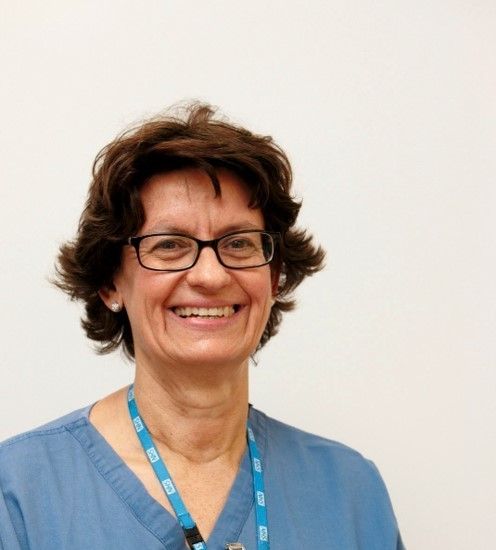Breast Cancer Now says that this Breast Cancer Awareness month, nearly 5,000 people will have been diagnosed with breast cancer. A diagnosis of breast cancer can come with many challenges, not least being afraid of what to expect from treatment.
Miss Fiona MacNeill, a leading breast cancer surgeon and clinical lead for Getting It Right First Time – a national programme to improve patient care – spoke with us about some of the positive changes to breast cancer care and advice for women this Cancer Awareness Month.
Don’t let the word ‘cancer’ scare you, because the reality of breast cancer is very different to the fear we can feel when we hear that word. Around 78% of women who have been diagnosed with breast cancer will be alive for 10 or more years, a figure which has doubled in the last 40 years. Breast cancer is a highly treatable disease and most women nowadays will live beyond it thanks to some of the incredible developments in modern cancer care.
When I started as a young surgeon in the early 80s, the diagnosis and treatment process for breast cancer was very different to how it is now. I knew one woman whose breast cancer actually took over six months to be properly diagnosed, because there wasn’t yet a streamlined process. Breast cancer diagnosis has improved enormously since this period, particularly due to improved breast awareness and the NHS Screening programmes in England.
Early diagnosis is key to increasing your likelihood of surviving from breast cancer, and it will reduce the toxicity of treatment you receive. We can now see that the majority of screen-detected cancer diagnoses will not require mastectomies (surgery to remove the breast), and that 75% will not require having their lymph glands removed.
In the past, we gave the same treatment to everybody, as we didn’t have the knowledge we have now about different types of breast cancer. Now, thanks to extensive and ongoing research, we can give a much more individualised treatment, meaning that there is a much greater chance of the treatment working and men and women being alive in the future.
Breast cancer treatments such as mastectomies can be very daunting for both women and men, so modern breast surgeons are now being trained in new breast conservation and reconstruction techniques. This is called oncoplasty. The aim of oncoplastic surgery is to provide the best of cancer surgery while also using well-established cosmetic surgical methods to make sure that there is still a good breast appearance after treatment.
Don’t be scared of breast cancer. It is a very survivable disease and thousands of people continue to live with it and beyond it every year. Be sensible and remain breast aware. It’s important to get to know how your breasts normally look and feel so it will be easier to spot if there are any unusual changes for you. Most breast changes in women are related to their monthly hormonal cycle, particularly breast pain. However, if you do spot any unusual changes to your breasts you should get them checked out by your doctor or practice nurse. They are there to help and educate you and will never dismiss your concerns.
Miss Fiona MacNeill is an accomplished breast surgeon at the Royal Marsden Hospital in Chelsea and the Harley Street Clinic. As well as working as a breast surgeon, Fiona is now National Clinical Lead for a major NHS standard setting and quality improvement programme in breast surgery (GIRFT) at NHS improvement in the Department of Health. You can find her consultant profile here.
